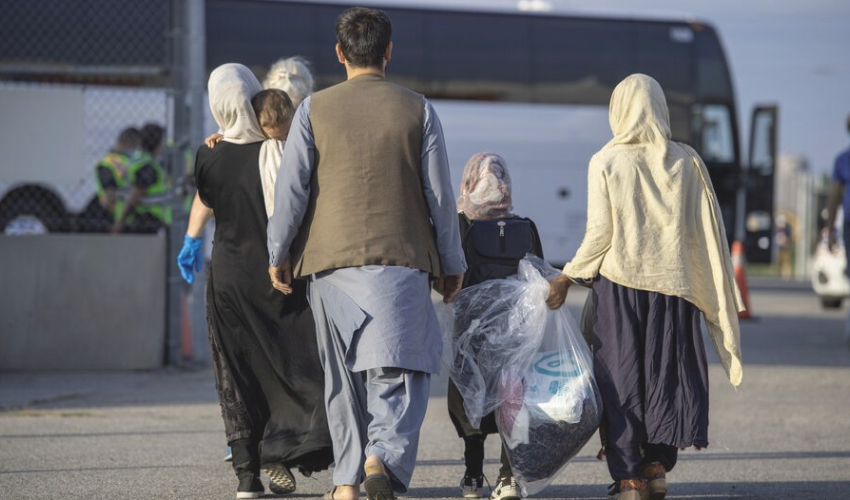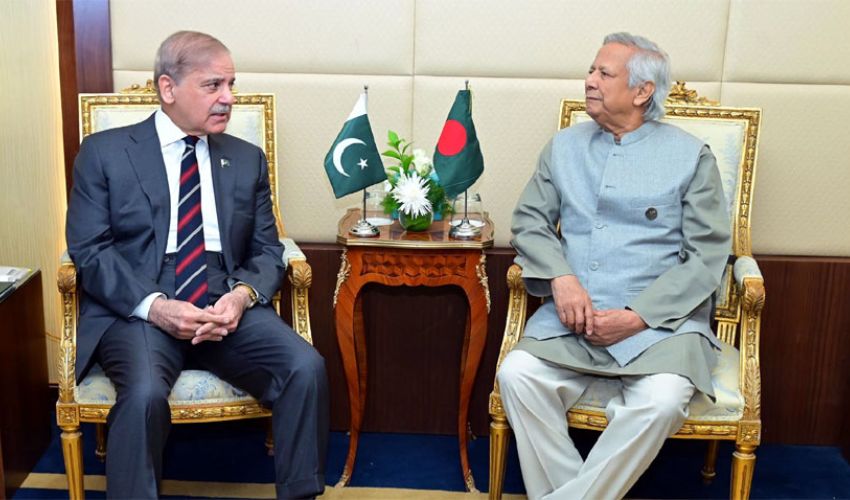The repatriation of Afghans residing illegally in Pakistan is accelerating, driven by both government enforcement and self-deportation fuelled by fear.
Even before the announcement by the government, a large number of illegal Afghans started going to Afghanistan over fears of arrest
On December 13 alone, 2,423 Afghans, including 687 men, 326 women, and 1,410 children, crossed the border into Afghanistan, bringing the total number of returnees to 429,288 since the process began.
While the government officially launched the repatriation effort recently, many undocumented Afghans have been proactively leaving Pakistan in recent months to pre-empt potential arrest. This wave of self-deportation is driven by anxieties over uncertain legal status and fears of detention as authorities crack down on undocumented residents.
🌍 Update on #AfghanRepatriation 🇦🇫!
— SAMAA TV (@SAMAATV) December 14, 2023
The repatriation of illegal Afghans from #Pakistan is in full swing.
On December 13, 2023, 687 men, 326 women, and 1410 children, totaling 2423 Afghan citizens, departed. #SamaaTV pic.twitter.com/0MXZiwUaVB
On Dec 13, 235 families departed in 114 vehicles, highlighting the scale of the movement. This trend raises concerns about the capacity of Afghanistan to absorb such a large influx of people, particularly amidst its ongoing humanitarian crisis.
Official records indicate that on December 12, an additional 2,023 Afghan nationals voluntarily returned to their homeland. This included 536 men, 412 women, and 175 children in Afghan cities. The repatriation process involved 93 vehicles transporting 182 families to Afghanistan.
Also Read: Repatriation efforts for illegal Afghan residents accelerate
On Wednesday, the federal cabinet had announced an extension in the stay period for Afghan nationals in Pakistan who are in the process of evacuating to third countries.
The extension stretches from the initial deadline of December 31 to February 29, 2024. However, those remaining after the specified date will incur a monthly fine of $100, with a capped maximum limit of $800.
The caretaker government emphasized that the extension is accompanied by a penalty system. Damages will be applied at $100 per month for individuals staying beyond the revised deadline, with a financial ceiling of $800.
Caretaker Information Minister Murtaza Solangi highlighted that the cabinet also approved a reduction in the processing fee for Afghan nationals being evacuated to third countries. The processing fee, initially set at $800, has now been halved to $400.
The caretaker cabinet aims to encourage Afghan nationals residing in Pakistan illegally to either obtain legal documents or finalize evacuation agreements promptly.
Also Read: Kakar-led cabinet extends stay for Afghan evacuees, implements fine policy
The reasons for the Afghans' presence in Pakistan vary. Some fled decades ago during the Soviet-Afghan War, while others sought refuge more recently from the Taliban's 2021 takeover. The complex history and intertwined lives of the two countries add layers of difficulty to the repatriation process.
While the Pakistani government emphasizes security concerns as the driving force behind the deportations, the human cost of the operation remains a crucial consideration. Ensuring safe and dignified returns, considering the vulnerable families involved, is essential. Additionally, international cooperation and support are crucial to help Afghanistan absorb the returning population and prevent further humanitarian hardship.
The ongoing exodus of undocumented Afghans from Pakistan marks a significant chapter in the long and turbulent history between the two nations. As the process unfolds, ensuring humane treatment, upholding human rights, and addressing the long-term challenges for both countries will be critical.


























